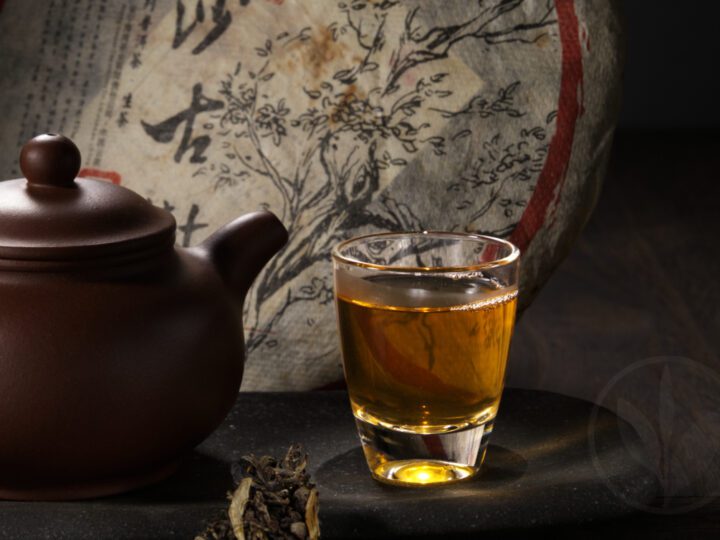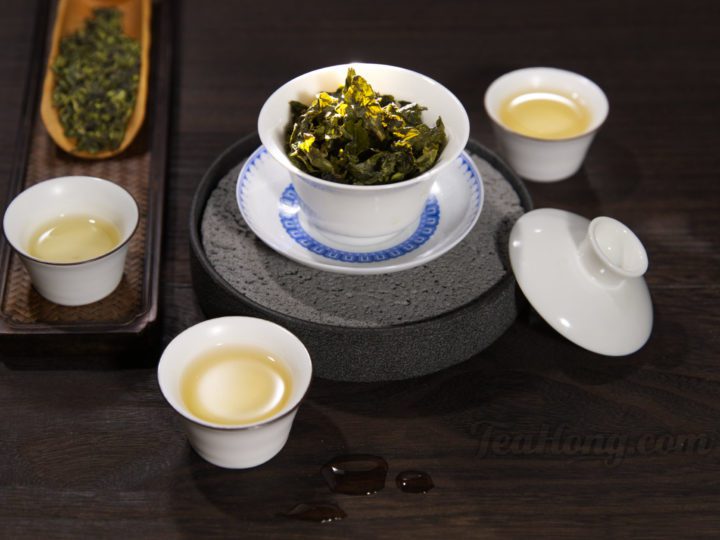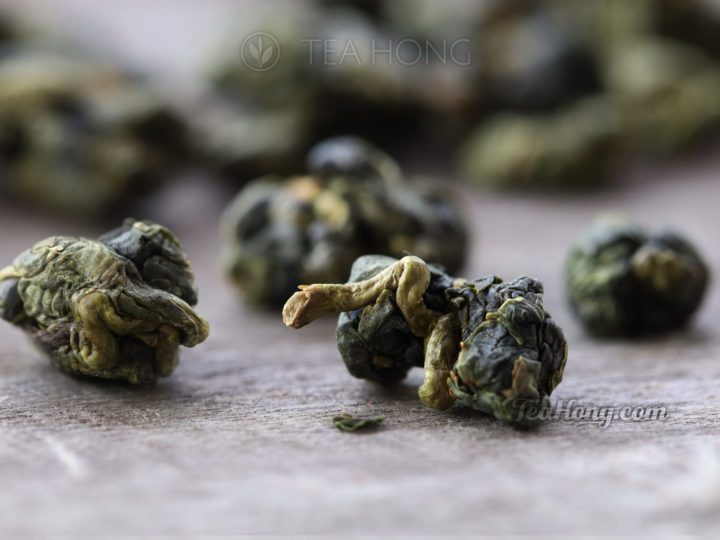Different variety for different preference
Some tealeaves smell floral, some sweet, some like baked goods, some musky, some earthy, some pungent, some nothing much… and yet they could all be the best of their varieties.
Matured teas are even more complicated.
Once a loyal customer wrote to us, “the tea smells like my uncle’s old drawers!” Indeed, some matured teas, however well it is stored, does have a strange smell that has its own way to signal the passage of time.
However, upon proper blanching and infusion, these unassuming wrinkled old leaves blossom into the unique fine aromas and flavours they promise to deliver. After all, tea is a beverage unlike most others, in that the skills and knowledge of the consumer in bringing out the best of each specific variety is key to enjoying it. Unlike coffee, there is no one standard in tea preparation. Each variety can be as different as day and night.
One man’s meat is another’s poison
The physical and chemical changes the leaf kernel has acquired through time in a particular maturing environment is unique in each tea variety, each quality, and each batch. That is because the bio-chemistry is different. The physical properties are different. Before human has a thorough understanding of the hundreds of factors and infinite variations of a tea’s maturing potential, proper ageing of a tea is still an art. So is its infusion.
One man’s meat is another’s poison, and fine tea is no exception.
Many of my tea merchant clients in Europe are still unable to understand the whole category of Pu’er tea. Yet some others in that very same market have already been selling it by the hundreds of kilograms a quarter.
That “old drawer” tea — Tieguanyin Classic — is a favourite after meal tea for my wife. So sweet and delicious, she said. I have always been the one who prepare it, of course.







